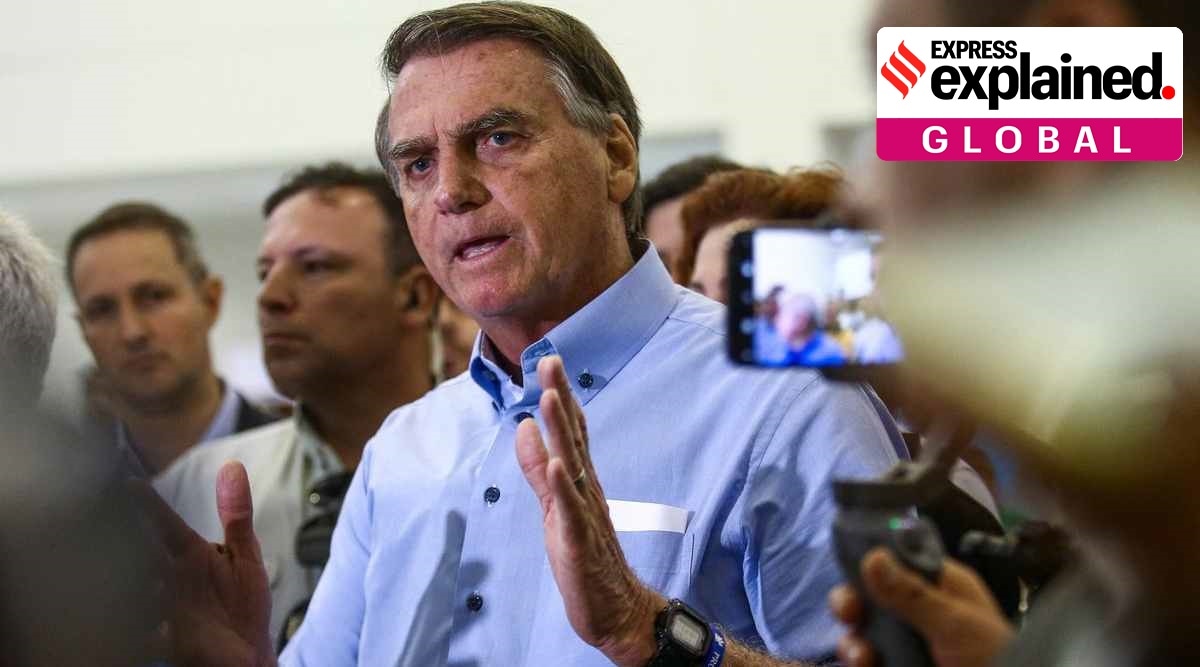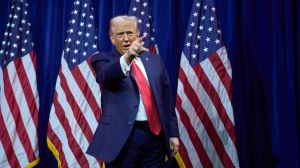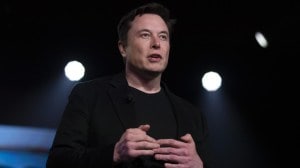Brazil’s hotly contested presidential election is in its final stage as Latin America’s biggest economy, which also figures frequently among the world’s 10 largest economies, is looking towards a shift from a far-right government to a left-wing leader.
Wading into the politically-charged atmosphere in Brazil, superstar footballer Neymar Jr signalled his support for current President Jair Bolsonaro (67) in the country’s upcoming elections on Sunday (October 2). However, the gesture was criticised by many even as Bolsonaro posted the video on Twitter and thanked Neymar for his endorsement in a race he seems to be trailing in.

As Bolsonaro and former two-term leftist President Luiz Inácio Lula da Silva or Lula da Silva (75) battle it out, concerns over the loss of faith in institutions and the principles of democracy loom large. Bolsonaro’s comments during the election campaign were very similar to those of former US President Donald Trump and like him, it does not seem that he will accept defeat easily. He has discredited opinion polls that have mostly predicted the return of Lula da Silva, and blamed Brazil’s Electronic Voting Machines (EVMs).
What do the opinion polls indicate?
Since Bolsonaro won the elections in 2018, the country has seen many changes. Even before he first came to power, Brazil was facing a period of economic downturn, concerning for a country pegged as one of the fastest growing economies globally not too long ago. According to World bank’s data, unemployment has been growing, and the GDP has only improved in 2021 after slow growth in the preceding 10 years.
Further blows came in the form of the coronavirus pandemic that took around 600,000 lives in Brazil — the second highest death count in the world after the US. According to a Reuters report, when questioned about this in 2021, Bolsonaro said, “In which country did people not die? Tell me!” He added, “Look, I didn’t come here to be bored.” He was also criticised for his anti-vaccine stance as he gave bizarre statements about the effects of the jab, including one that those taking it would be “turning into crocodiles”.
According to the Financial Times’s Brazil correspondent, Michael Pooler, in terms of policy, Bolsonaro is pro-business, favours independence of the central bank, and to his credit has successfully undertaken the pensions system’s overhaul. Interestingly, a policy of increase of monthly welfare payments for low-income families led to a slight improvement in his poll numbers, reported Reuters.
An attempt on his life in 2018 when campaigning further boosted his profile, according to a BBC report. With his frequent invocations of God and religion, and description of him surviving the attack as being “born again” in his own words, fervent supporters view him almost like a religious figure.
While he enjoys support among Christians and higher-income groups, indigenous groups have criticised him for allegedly favouring businesses that undertook deforestation of the Amazon forest. Bolsonaro has also made disparaging comments about women and minority groups. When a female legislator in Brazil accused him of being a rapist, Bolsonaro said, “I wouldn’t rape you because you don’t deserve it.” Of gay men, he said he “would be incapable of loving a homosexual son” and described having a daughter as a “weakness”. He has also said, “If I see two men kissing in the street, I will hit them.”
Lula, for his candidacy, wants a firmer hand on the state oil and gas company Petrobras, clean energy transition, and welfare spending, given his left-wing credentials and former presidency as part of the “pink wave” – a period when leftist South American leaders in the 2000s were heading major economies around the same time in the region.
Story continues below this ad
While he enjoys support in particular regions and among lower-income groups, Lula was accused of being part of the “carwash” corruption scandal, said to have cost $800 million to the state. In 2021, charges against Lula were annulled by the Supreme Court.
In this fierce competition, last month, while celebrating the 200th anniversary of Brazil’s independence from Portugal, Bolsonaro told his supporters that the elections can only end in him winning, him being killed, or being arrested — and that he would never go to jail.
Concerns over the results
On October 2, the first round of voting will see Brazilians choose from all participating candidates. If no one wins more than 50 per cent of the votes, as is expected, then a final round will be held on October 30 that will see a direct fight between the two candidates with the highest vote shares from the first round.
This is where concerns have been raised. Polls at the moment show Bolsonaro having around 20 to 22 per cent of the votes, with Lula having at least a 10 to 12 per cent lead. Bolsonaro has said that he will reject the results unless he outright wins the first round.
Story continues below this ad
He has also cast doubts on the EVMs used for voting, without providing any basis for these allegations. Bolsonaro’s earlier comments on dictatorship in Brazil, which went on till the mid-80s, are also being brought back now. “You’ll never change anything in this country through voting. Nothing. Absolutely nothing. Unfortunately, things will only change when a civil war kicks off and we do the work the [military] regime didn’t. Killing some 30,000 …. Killing them! If a couple of innocents die, that’s OK”, he said in 1999, The Guardian reported.
A familiar story
Though Brazil’s situation and candidates are unique, the broad aspects of populist leaders, an ideological divide, corruption, and the people’s preference for a “tell-it-like-it-is” strong leader whose statements are followed with full devotion, are all too common.
According to a Gallup poll, two-thirds of Brazilians do not have faith in the electoral system, while a similar number believe that the government is corrupt. The effects of such beliefs have been seen in the US, where a riot was mobilised at the Capitol building when the election results were not believed by Trump and his supporters in 2021.
In India, too, political parties have questioned EVMs despite repeated assurances by the Election Commission, showing a lack of faith in the process.
Story continues below this ad
Experts say that Brazil might not necessarily see a civil war erupt, given the lack of support for Bolsonaro in the establishment, but the situation has still raised an alarm for those watching the backslide of democracy worldwide.








































